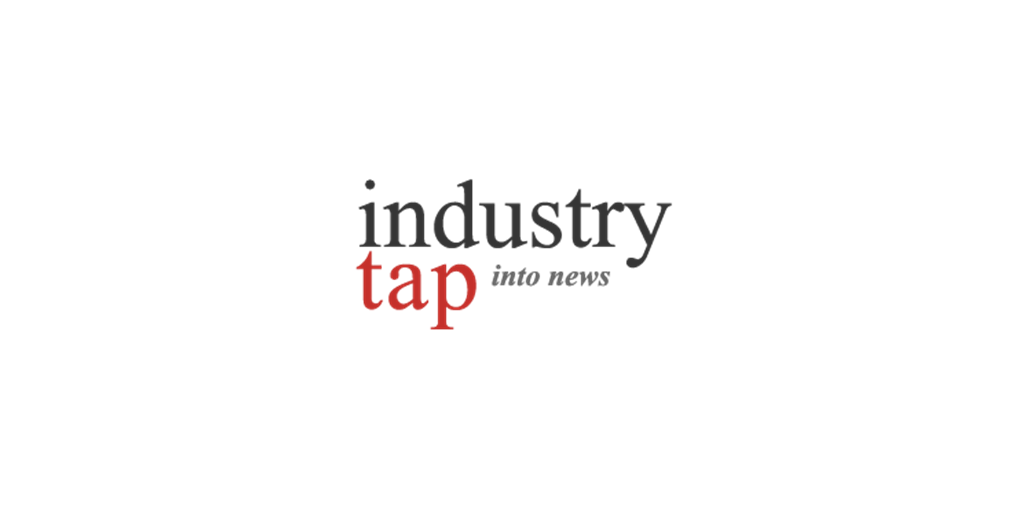With the Internet of Things (IoT) a foregone conclusion and billions of devices online soon, the question is: “What is going to happen in the banking sector in general and banking technology in particular?” Already, a small but interesting new technology referred to as “cryptocurrency” is making a lot of noise as investors and speculators are interested in digital money and the huge transformations in store for people and institutions if adoption continues to grow.
Now that digital technology has completely transformed books, communications, film, music, and more, the financial sector is evolving into a new ecosystem with digital information and mobile devices at its core. The new financial sector will need to operate much faster, more efficiently, more securely, and at a lower cost.
According to “The Financial Brand,” there are 10 major trends affecting financial institutions in 2017. These include:
- Speeding up financial customer transactions by removing “friction.” Friction is anything that could be seen as an unneeded hurdle that slows down a banking transaction or process. The less friction, the more satisfied customers and employees will be.
- Integration of big data, artificial intelligence, advanced analytics and cognitive computing into the financial sector.
- Increasing the multichannel delivery of financial products and services.
- Open APIs to spur innovation and adoption.
- New partnerships between banking institutions and small and agile fintech companies.
- The expansion of digital payments and a decrease in cash transactions.
- Engagement with government regulators to better influence and implement financial regulations.
- Integration of new IoT and voice technology into financial institutions to improve customer service and efficiency.
The following video shows how mobile banking technology is transforming to meet the demands of Generation Y–who held mobile devices in their hands as babies. This group will soon make up the largest proportion of working adults. For this reason, the old bank branch system is likely to be changing significantly, moving online and into the cloud.







